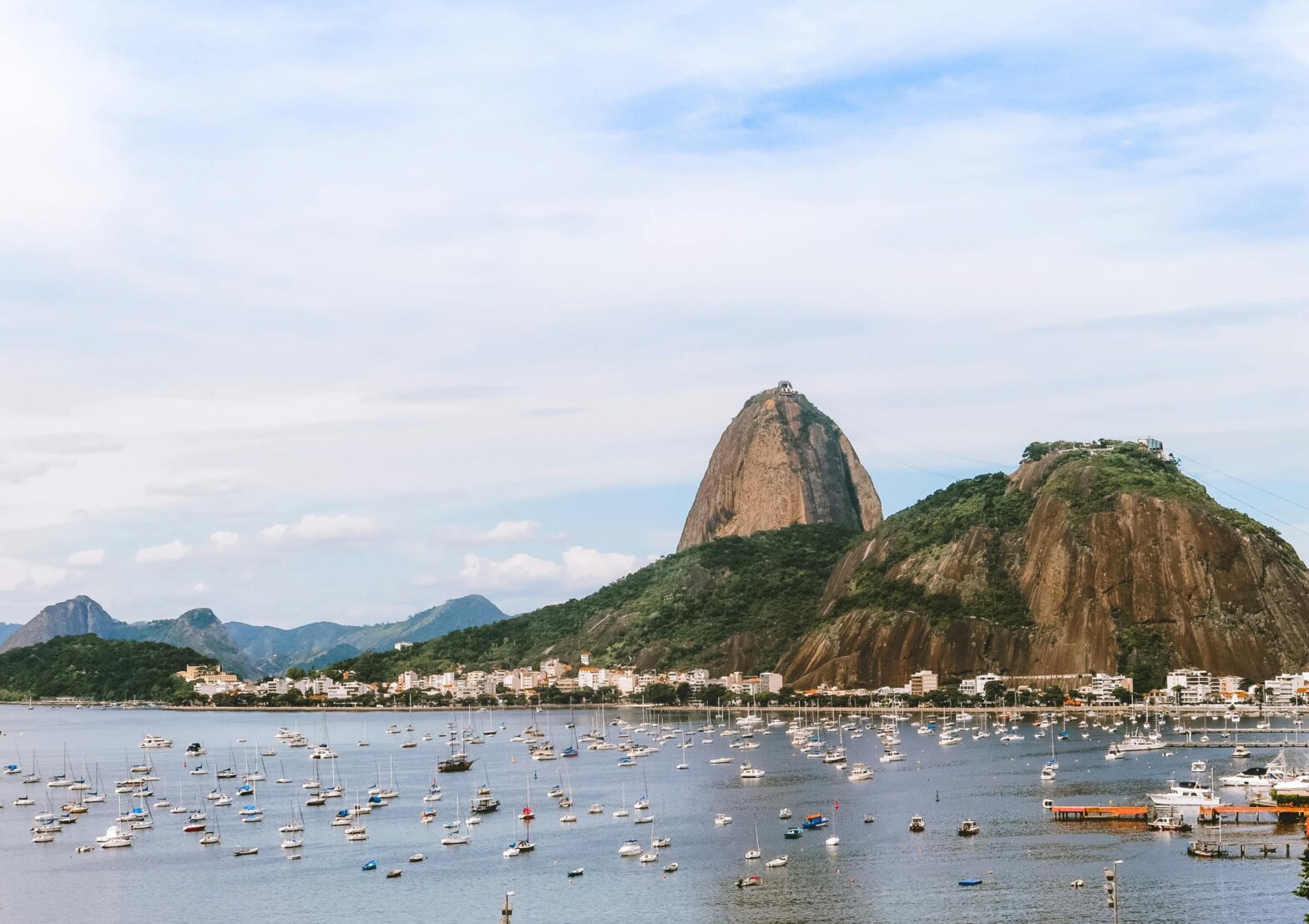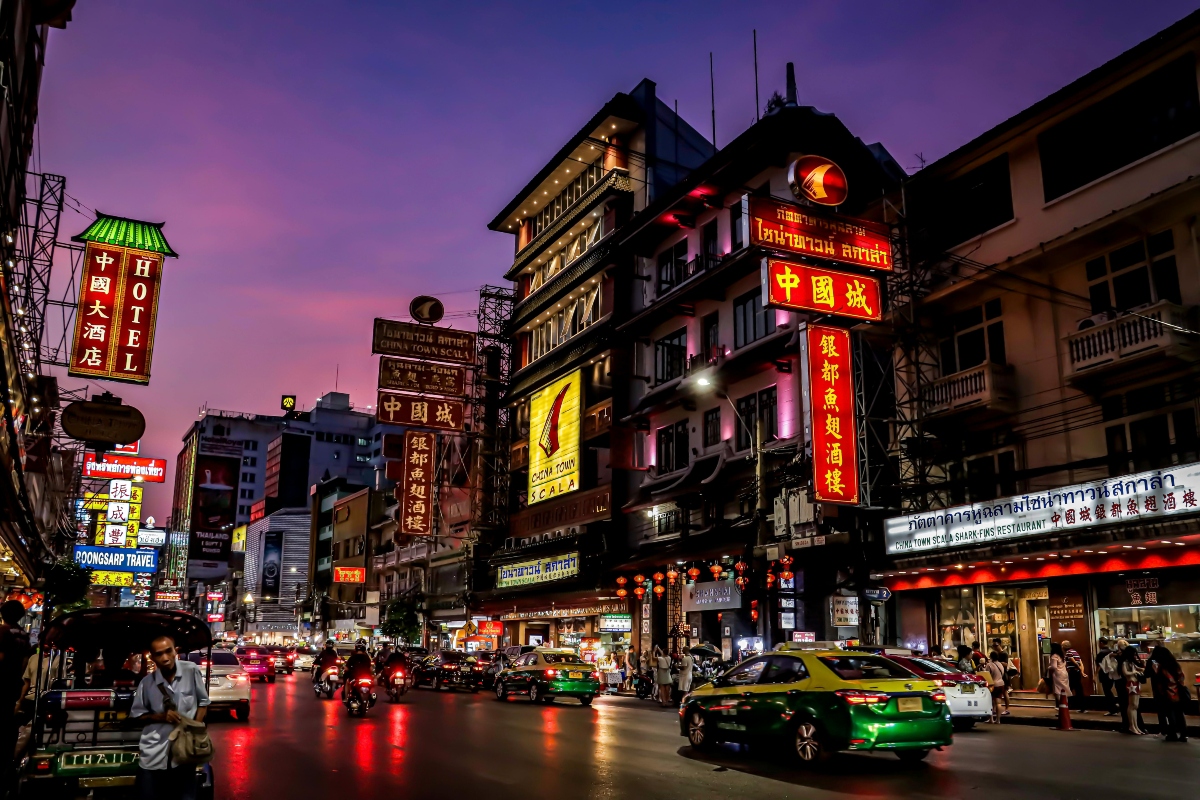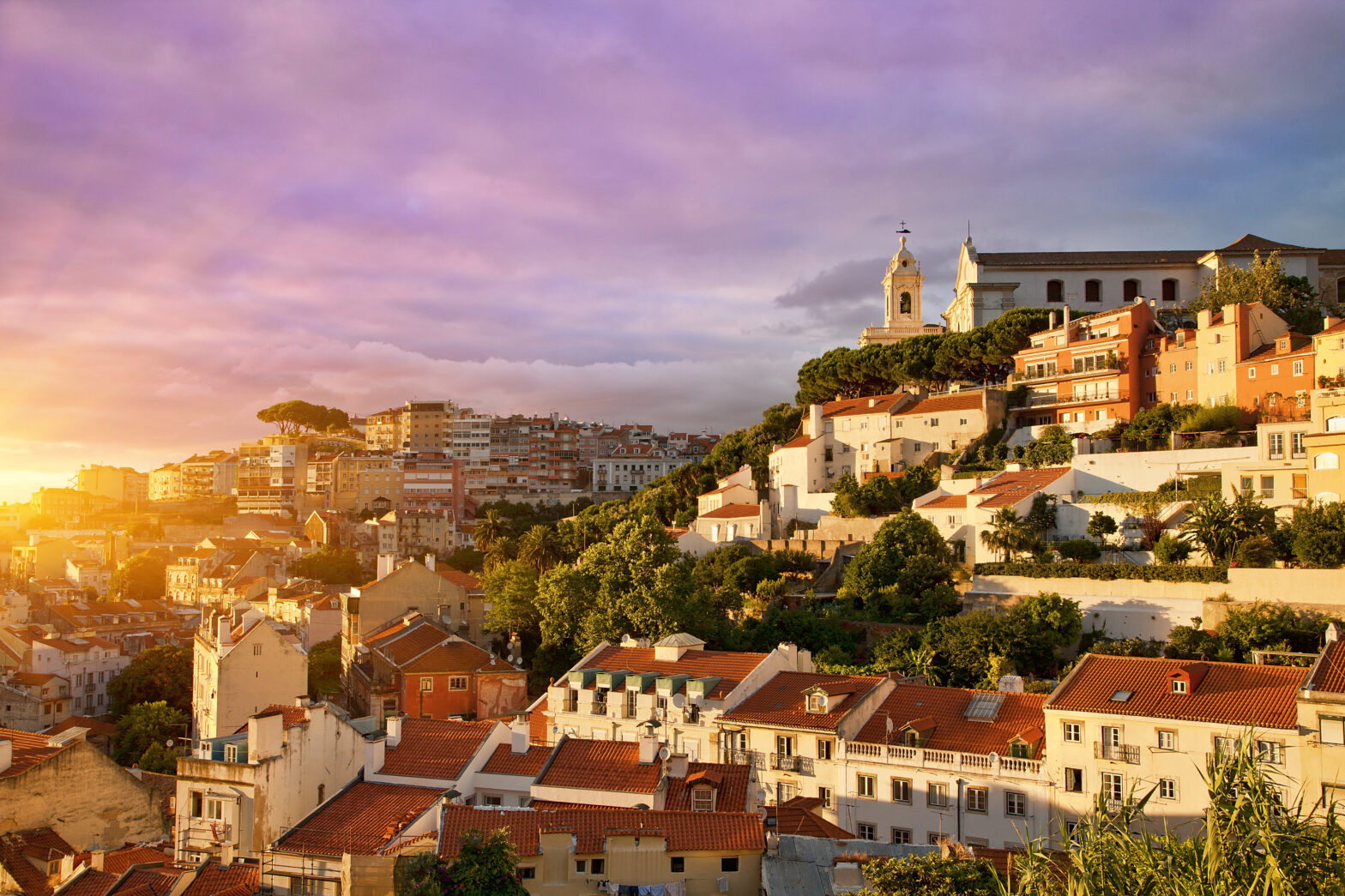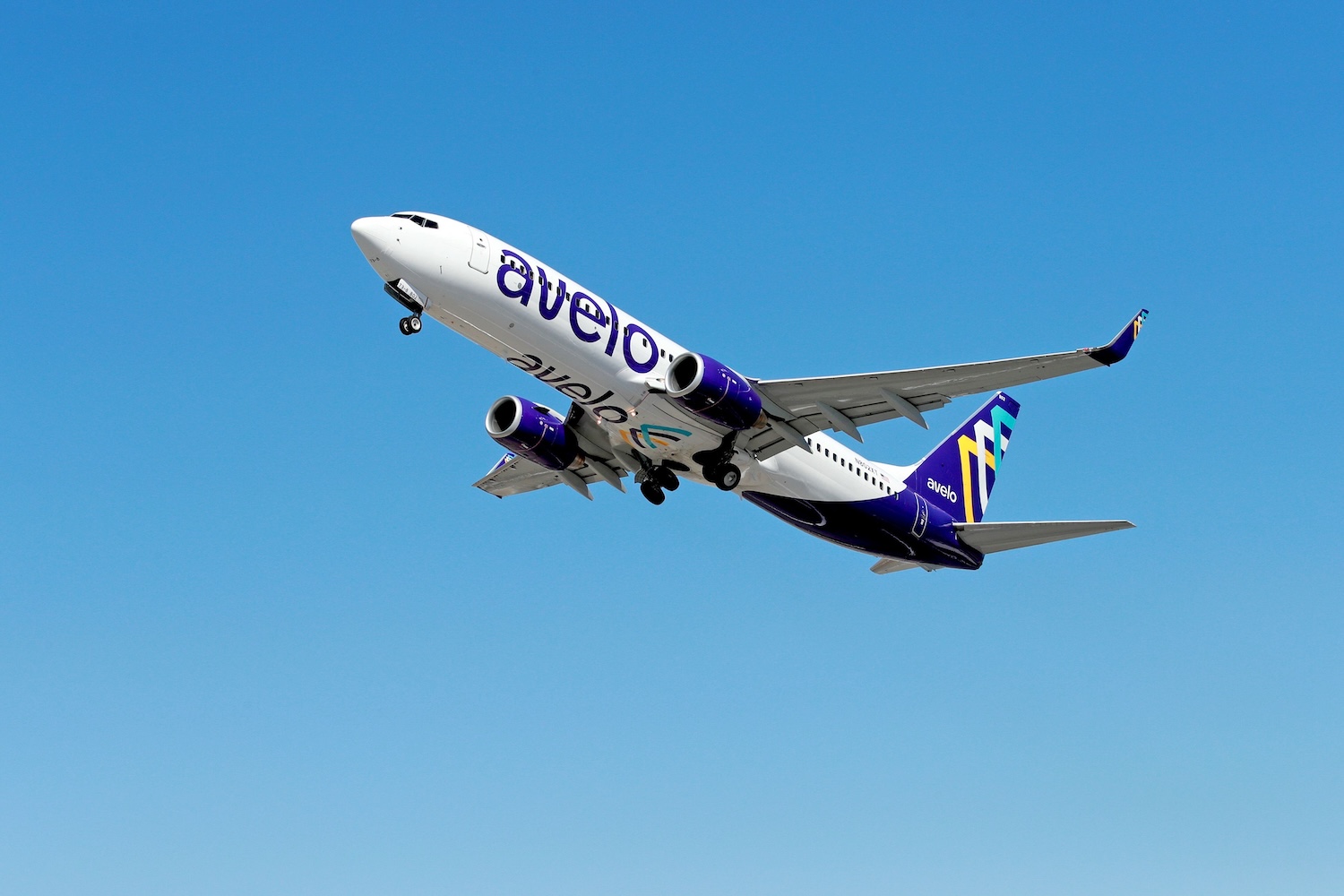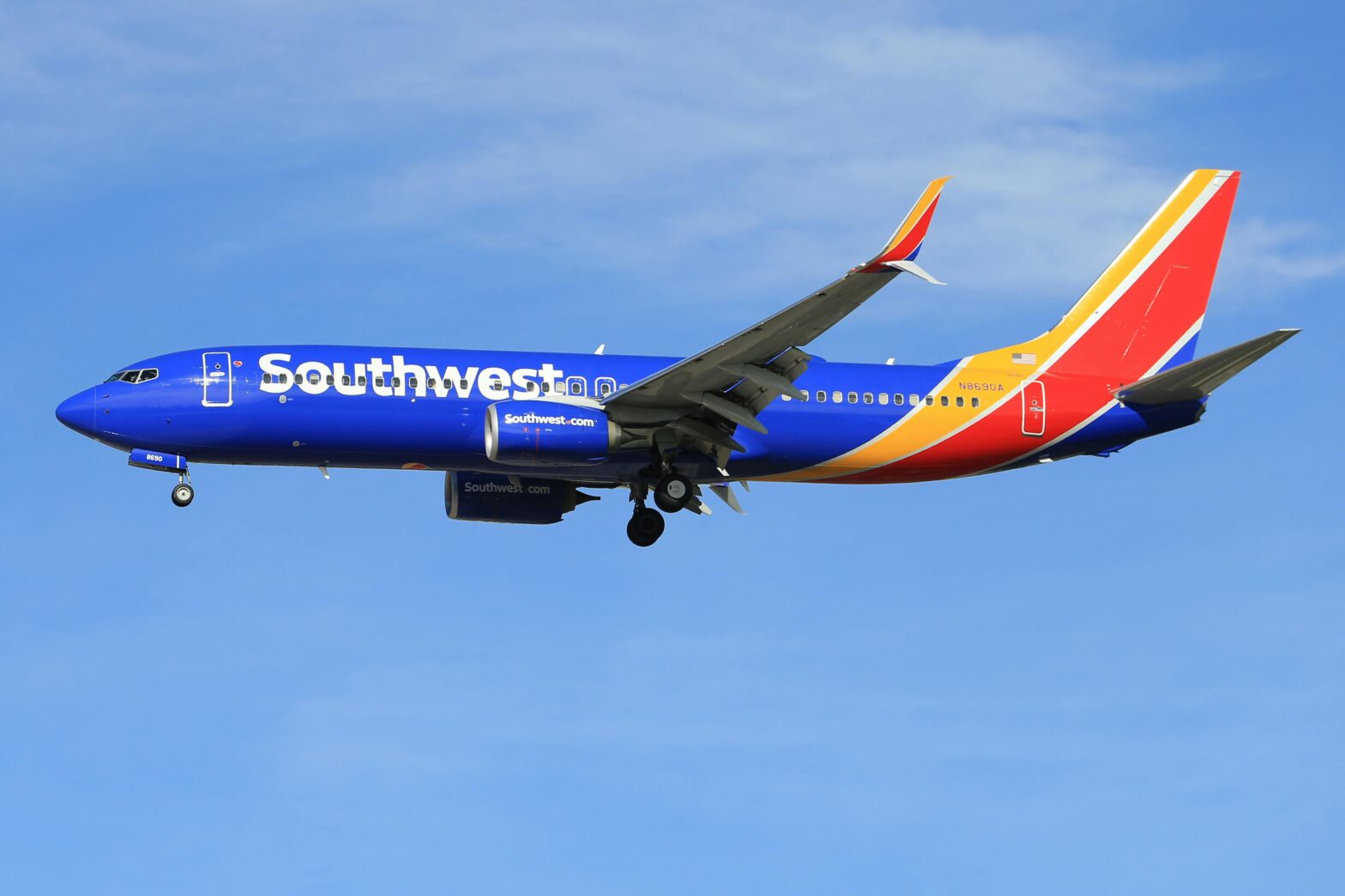The U.S. Department of State has updated its travel advisory for Brazil to Level 2, urging travelers to “exercise increased caution” following a kidnapping incident involving American tourists. The August 8 advisory specifically highlights increased risks of violent crime, including murder, armed robbery, and carjacking, throughout urban areas of this popular South American destination. Brazilian authorities continue to battle widespread gang activity and organized crime, which officials say are frequently connected to the recreational drug trade.
Tourists face particular dangers in Rio de Janeiro, where criminals commonly use dating apps to target foreigners, and assaults involving sedatives in drinks have become increasingly common. The State Department has not released specific details about the kidnapping incident that prompted the advisory update.
Areas To Avoid In Brazil
The travel advisory issues a strict “do not travel” warning for several regions. These include areas within 100 miles of Brazil’s land borders with Bolivia, Colombia, Guyana, French Guiana, Paraguay, Peru, Suriname, and Venezuela. However, popular tourist destinations such as Foz do Iguaçu National Park and Pantanal National Park remain exempt from these restrictions.
Travelers should also avoid informal housing developments, such as favelas, vilas, comunidades, and conglomerados, at all times. The State Department warns that “neither tour companies nor police can guarantee your safety when entering these communities,” even with guided tours.
Essential Safety Tips For Brazil Travel
Visitors planning trips to Brazil should implement several safety measures to reduce risks. Travel experts recommend staying vigilant about surroundings and never physically resist robbery attempts. Tourists should refrain from displaying wealth through expensive watches or jewelry, especially at major transportation hubs and when using ATMs.
Nightlife presents dangers, with officials advising travelers never to accept drinks from strangers and to keep a constant watch over their beverages. Solo visits to bars or nightclubs increase risk, as do beach walks after dark. The advisory explicitly notes that U.S. government employees are prohibited from using municipal buses in Brazil due to serious robbery and assault risks.
Communication Planning For Safer Travel
The State Department strongly recommends that tourists develop a comprehensive communication plan with family members or employers before visiting Brazil. This plan should specify how travelers will confirm their safety, how often check-ins will occur, and who the primary contacts are for sharing location information while moving through high-risk areas.
